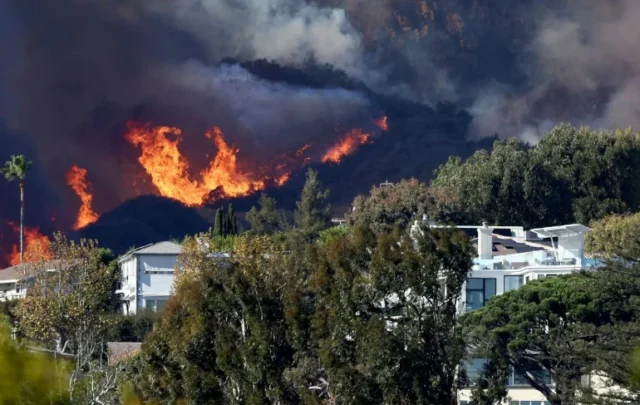As well as its news reports on TV, Channel SVT has news on its website. At lunchtime Johan Wickén rang and wanted to discuss what I thought about the aviation stoppage from the viewpoint of our research on global energy systems. You can read the article on SVT’s website [in Swedish] but I have also copied it below (Translated to English by Michael Lardelli):
– Kjell Aleklett
A large part of the air traffic in northern and central Europe has been affected by the ash cloud from the volcanic eruption in Iceland. Air and travel companies have lost money as aircraft remain grounded. This relatively small halt in global air traffic has caused chaos and shown how dependent we really are on aviation.
The volcanic eruption is also of interest to environmental researchers who can, now that the air-traffic has been stopped, measure how the atmosphere changes when it is released from the burden of aviation’s emissions: “This is a huge experiment with the environment that we could never afford to do otherwise. From a climate viewpoint it is very important that we take this opportunity to investigate”, says Kjell Aleklett, professor in global energy systems at Uppsala University.
After the terror attacks in New York in 2001 all air traffic was grounded for a couple of days and the climate was affected: “It is very interesting to compare 9/11 with what is happening now. Maybe we can determine similar effects”, says Kjell Aleklett.
Aviation is an important part of society’s infrastructure. Tourism, business and freight transport all require a functioning aviation system. According to the International Panel on Climate Change (IPCC), today aviation represents about 3.5% of human’s total influence on the climate – a proportion that is growing. In Sweden aviation represents 4-5% of total emissions and the transport sector on the whole represents a third of Sweden’s total emissions of carbon dioxide.
Simultaneously, aviation technology is advancing and today’s aircraft are significantly less environmentally damaging than previously. To reduce emissions and convert to alternative, fossil-free fuels in the future is essential if the aviation industry is to survive in the longer term.
Difficult to convert Kjell Aleklett and his co-workers have investigated the future of aviation fuel, “They have tested biofuel in one of the multiple engines on certain aircraft. But if you take the entire industry with freight and everything else there is no possibility that they can convert in the foreseeable future.”
According to Kjell Aleklett the aviation industry is that industry that will be affected worst by declining oil production and rising prices. He believes that a large part of its freight and passenger transport role must be taken over in future by more sustainable alternatives, such as trains.





